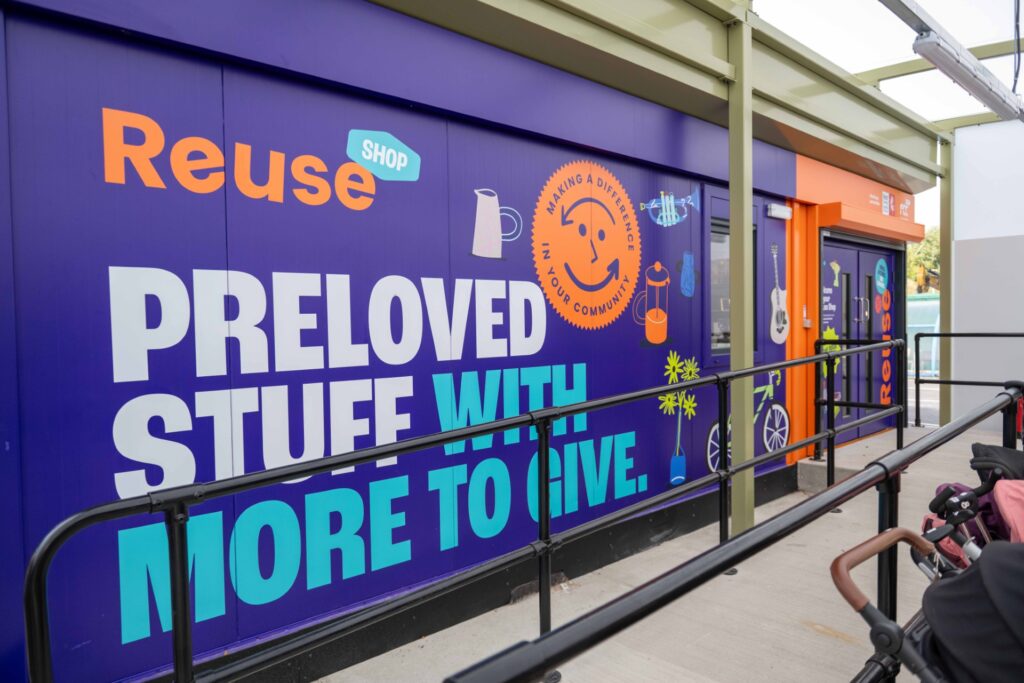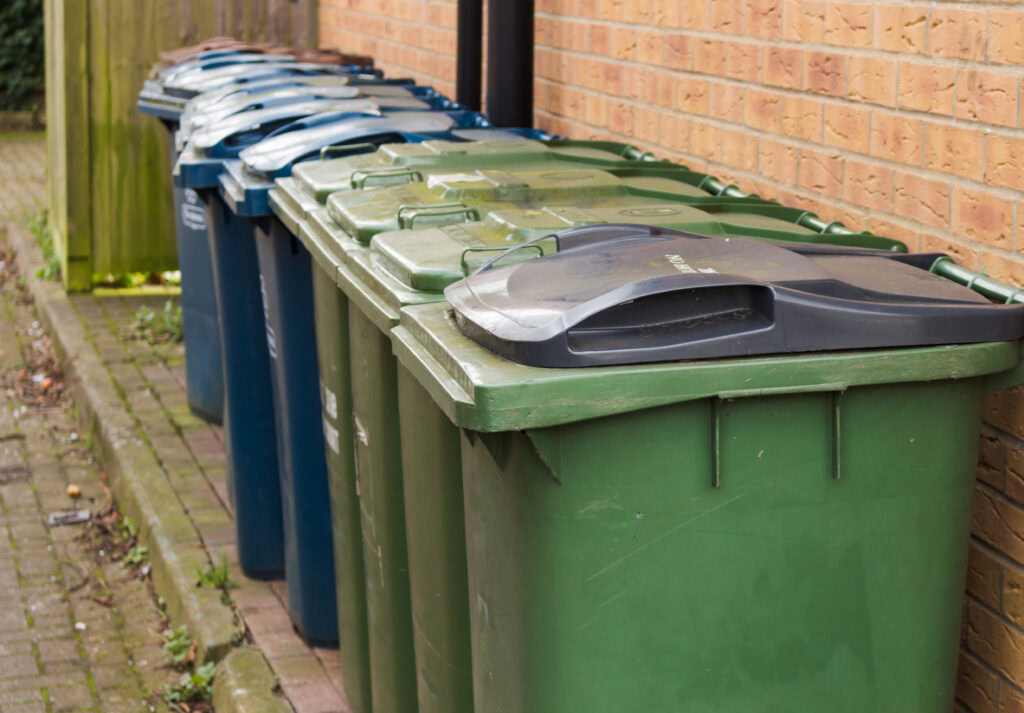The YouGov poll, launched at this year’s LARAC Conference in Birmingham, saw the figure rise from 75% in 2022.
More than half (55%) of respondents also said they purchase something second-hand at least every six months, up from 47% three years ago.
Cost-of-living drives reuse
FCC’s latest findings underlined how economic pressures and growing environmental awareness are reinforcing reuse behaviours, with almost three quarters (72%) of respondents said they choose pre-loved goods because they are more cost-effective than buying new.
While affordability remains the dominant motivation for most adults, 46% of younger respondents cited sustainability as a key driver, compared with 32% of over-55s.
The research also found that 87% of all respondents donate items to charity shops, showing strong participation in the reuse cycle.
A poll from Suez released in February 2025 found that over 26 million adults purchased a second-hand item last year, with cost-of-living similarly cited as a significant driver.
However, there is still untapped potential at the local level: among those who do not have access to a reuse shop at their household waste and recycling centre (HWRC), 58% said they would be more likely to deposit usable items if such a facility were available.
FCC Environment’s Reuse Development Manager Toby Goodwin commented on the findings: “Reuse shops play a huge role in the local communities that FCC Environment serves.
“It is vital that unwanted goods and items are conserved for reuse by others to ensure we reduce our waste consumption across the UK and build a stronger, circular economy.”
Appetite for repair grows
The poll also suggested increasing public interest in repair and refurbishment as part of the UK’s wider circular economy ambitions.
Nearly half of respondents (45%) said they would like to be shown how to fix an item rather than discard it, with electrical items (60%), furniture (48%), and garden equipment (35%) emerging as the most popular categories for repair learning.
FCC Environment said these findings support ongoing investment in community reuse and repair infrastructure, such as repair cafés and on-site reuse stores operated at HWRCs.
Goodwin added: “Goods and items that are reused or repaired help reduce the financial burden on the consumer, particularly those who have struggled with the increased cost-of-living in recent years.
“It is extremely encouraging to see that so many young adult respondents would consider depositing or buying second-hand items at a reuse store.
“FCC Environment will continue to champion our local reuse stores and repair cafes across our operational sites.”








Subscribe for free